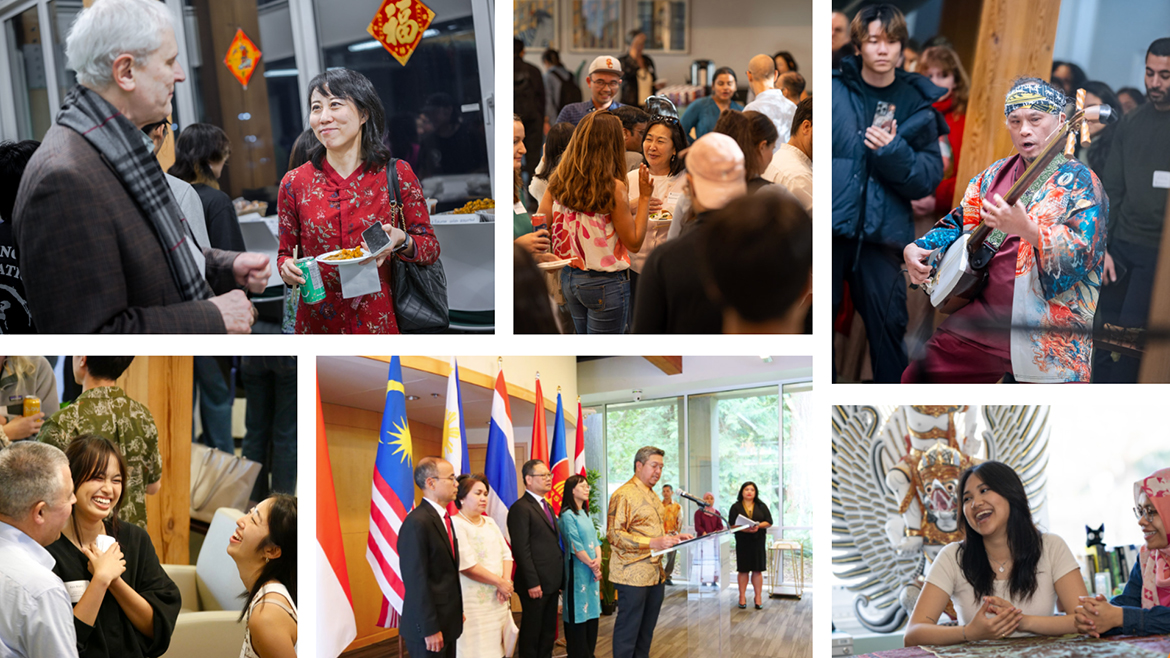The Expectation Gap: Summary of the First Meeting of the Vancouver Dialogue
Robert Adamson (LL.M .), Director, The Global Justice Program
March 1, 2004
Executive Summary
The idea behind the Vancouver Dialogues is to merge the experience, expertise and resources of experts from institutions, governments, civil society and funding organizations involved in international justice as part of an ongoing, off the record forum to discuss the most pressing international justice issues. The broader goal was to create a venue that can be used as a marketplace of international justice services where the needs of the institutions are paramount and duplication can be avoided. To launch this undertaking, the first topic, identified by the institutions themselves as the timeliest, was the ”Expectation Gap“. In other words, the difference between the expectations that the international community has of international justice institutions, and what they are likely to be able to deliver.
The two institutions currently involved with infrastructure building, the International Criminal Court (ICC) and the Sierra Leone Special Court (SLSC) shared their experiences and identified areas of challenges. Based on these presentations, the Dialogue, conducted under Chatham House Rules, considered ways to help institutions meet these challenges. While the dialogue revealed the differences in expectations from the widely different perspectives of the participants, this same diversity helped create a broad set of considerations, all of which are potentially helpful to close the ”Expectation Gap“.
These can be grouped in three broad categories:
- Make Better Use of Economies of Scale
- Focus on the start-up of an institution;
- Minimize resources on core functions;
- Adapt to the cyclical nature of the investigation-prosecution-appeal process;
- Make use of precedents and outside expertise;
- Create a ”lessons learned“ system; and,
- Build links to international and regional organizations.
- Manage Expectations Through Communications
- Making communications part of the start-up process of an institution;
- Ensuring that in addition to communications there is also community dialogue;
- Making full use of the political infrastructure of the institution;
- Broaden involvement in international justice beyond the legal community; and,
- Establishing an effective external relations capacity for international justice institutions.
- The “Impunity Gap”
- Defining and communicating prosecutorial policy as early as possible;
- Allowing for a meaningful role for other international justice institutions where appropriate;
- Building links with domestic institutions; and,
- Recognizing the special needs of transitional situations.
The participants in the Dialogue identified communications and the ”Impunity Gap“ as the next most pressing issues that could be taken up in this forum. These, along with our own lessons learned about making the Vancouver Dialogues as user friendly and effective as possible will be carefully considered as we prepare for the next dialogue. In the interim, participants will hopefully follow-up on the opportunities provided for informal contacts.
Click here for the full report


